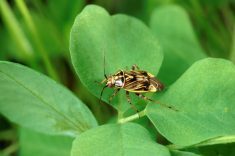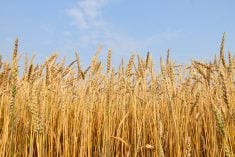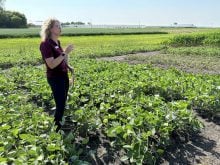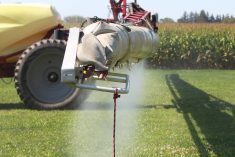Glyphosate-resistant downy brome has been found in Alberta.
“This is actually a pretty significant discovery because it’s the first glyphosate-resistant grass weed confirmation in all of Canada,” said Charles Geddes, Agriculture Canada weed scientist in Lethbridge.
Geddes provided an update on weeds and herbicide resistance during the Alberta Agronomy Update on Jan. 12, where he described how the glyphosate-resistant downy brome was identified.
He said his team was approached by a diligent agronomist from southern Alberta who discovered a population of downy brome that didn’t seem to be bothered by multiple glyphosate applications.
Read Also
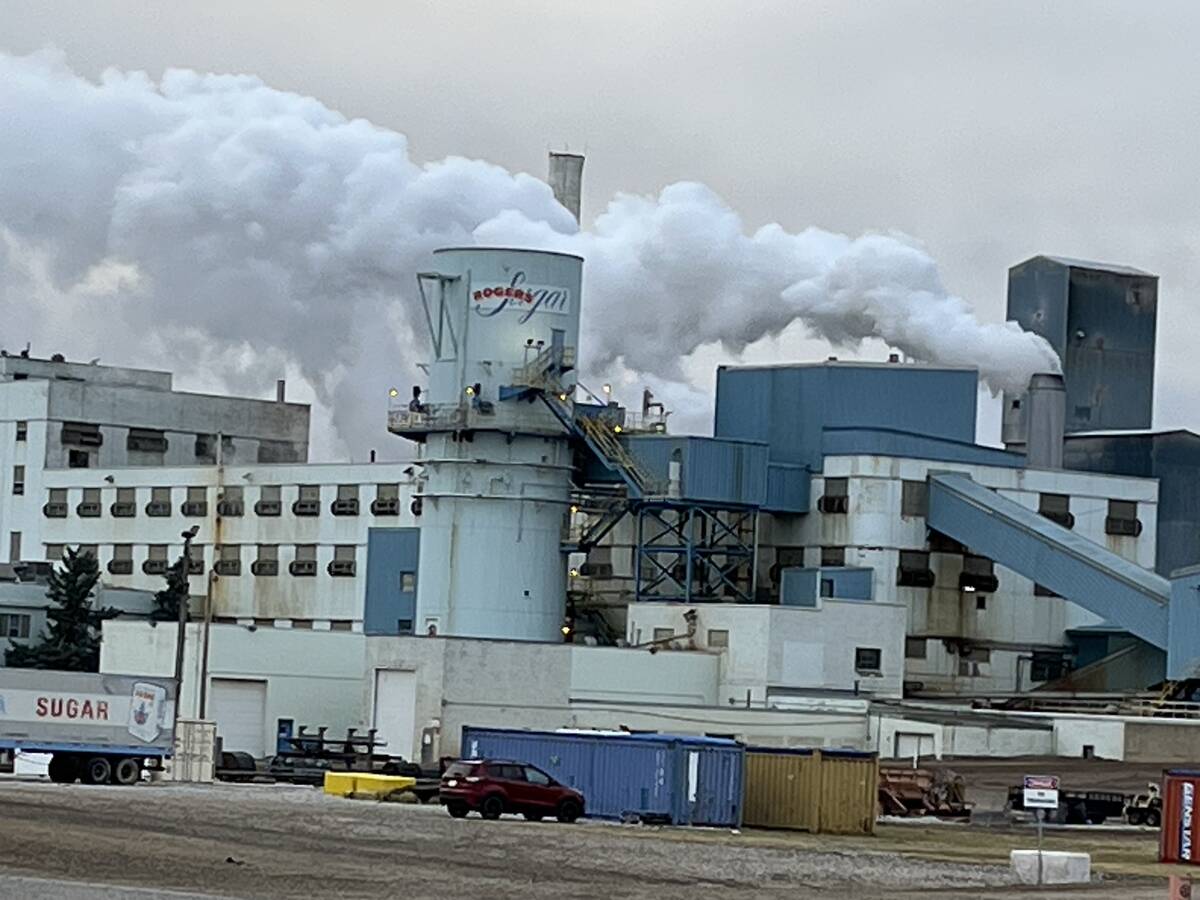
Sugar beet harvest underway in southern Alberta
Alberta Sugar Beet Growers hosts field tour to educate the public on the intricacies of the crop, its harvest process, and contracts with Lantic Sugar
“We took the seeds from the population back to our research facility, and this fall indeed we did document that the population is glyphosate resistant exhibiting between 10- and 12-fold resistance to glyphosate, which is fairly significant,” Geddes said.
He said the downy brome population is certainly glyphosate resistant.
“The field application rate of glyphosate is barely even touching this population.”
He said growers that get glyphosate-resistant downy brome on their fields will have to employ alternative management practices.
Ag Canada also tested other post-emergence herbicides, which continue to work on this weed population.
When it comes to how quickly this population could spread, Geddes said downy brome is predominantly self-pollinated, so the biggest risk is physical transport of seeds including in combines or in animal feed.
“At this point for glyphosate-resistant downy brome we don’t know how widespread this issue is,” Geddes said.
“If you do observe a population that might be resistant, I would urge you to contact me directly and we can help with some management solutions when it comes to these populations.”




